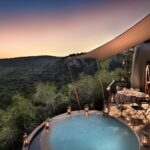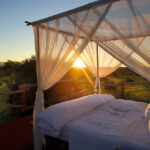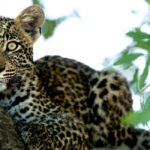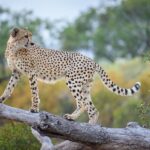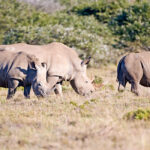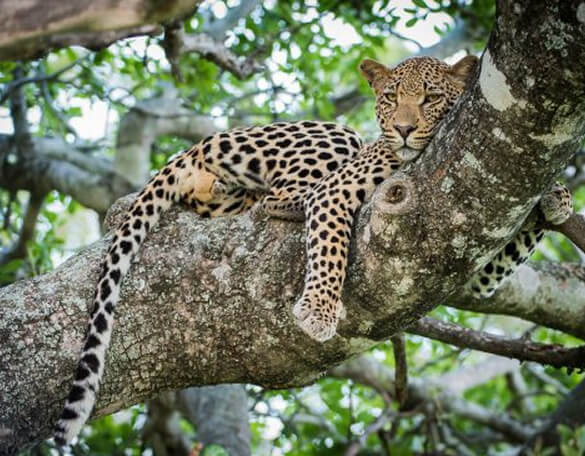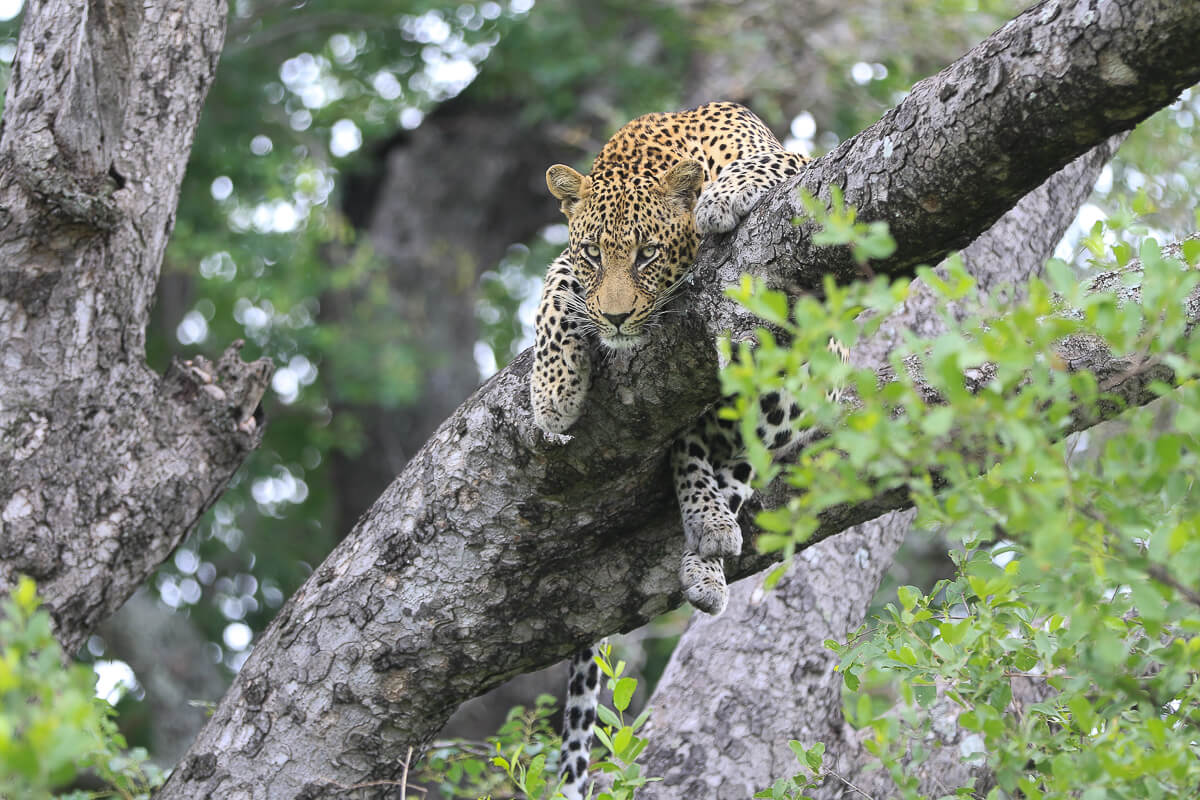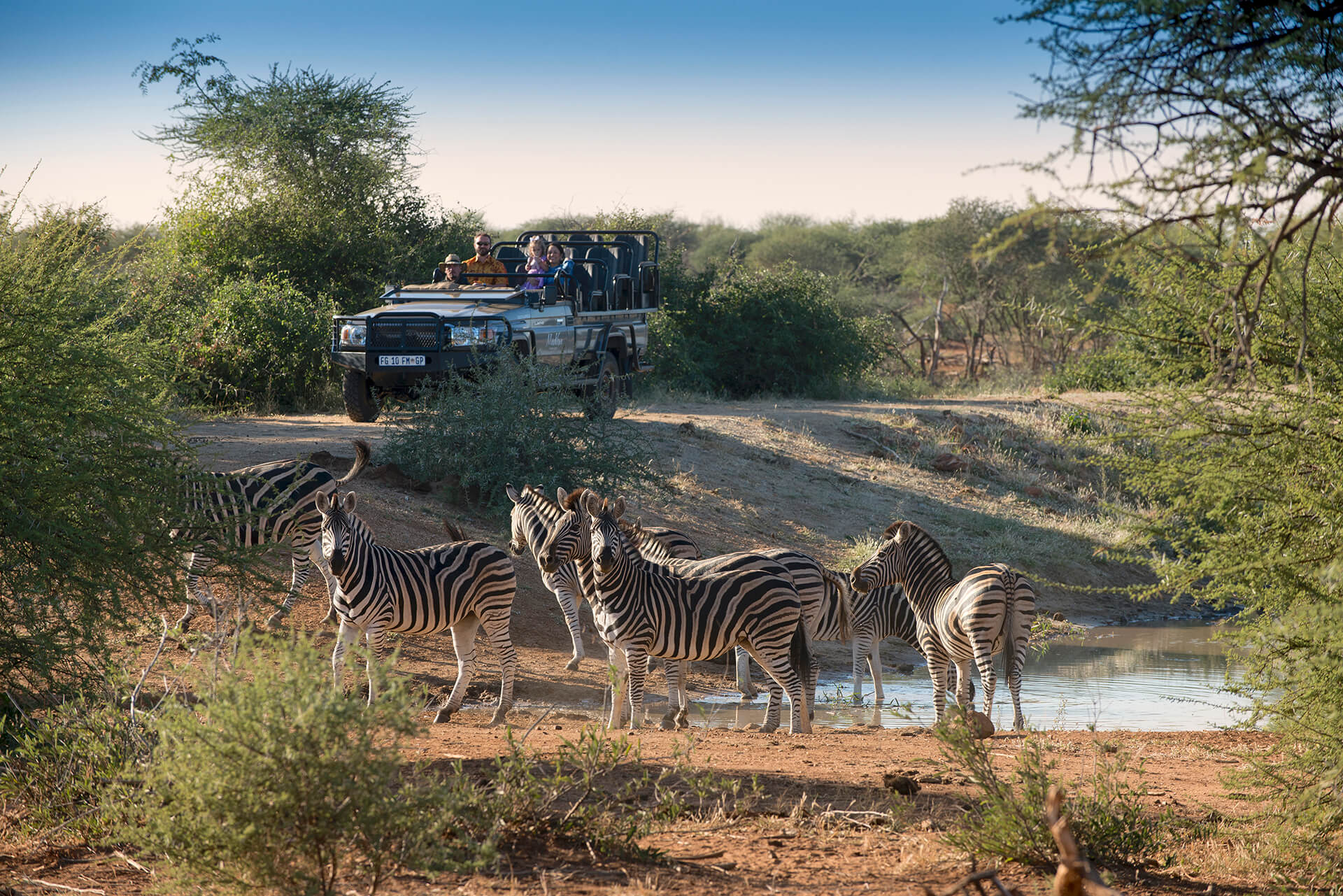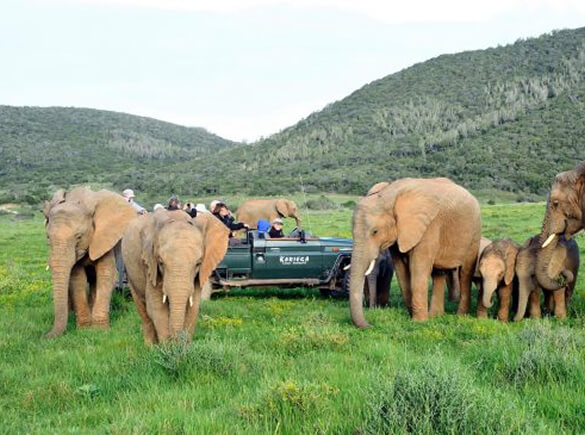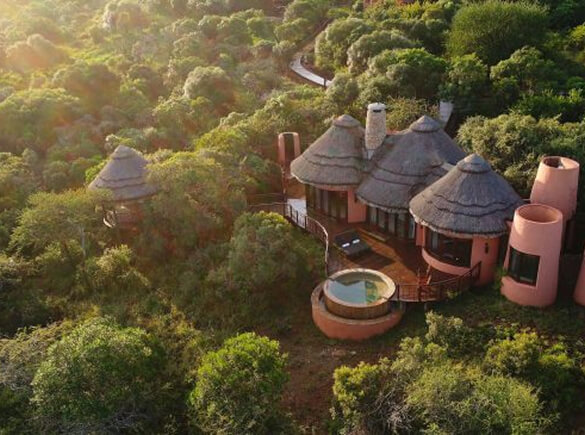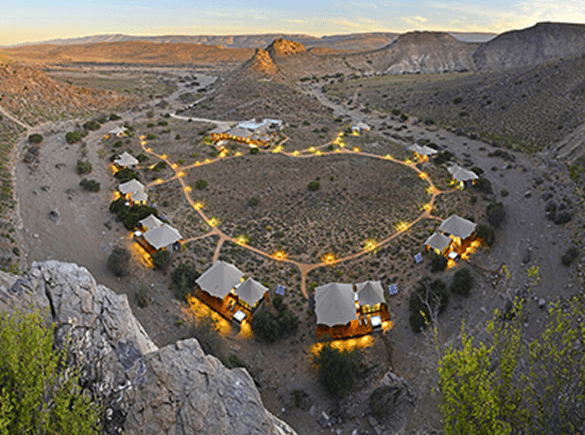
The term “Greater Kruger” or “Greater Kruger National Park” is widely used but often misunderstood. It encompasses more than meets the eye and requires extensive research and experience to truly understand it. The main distinction between the Greater Kruger and the Kruger National Park lies in their management and rules. While the Kruger National Park is managed by the government organization SANParks, the Greater Kruger is a collection of privately-owned reserves. This private ownership brings a host of unique benefits, which offer a superior safari experiences with fewer restrictions.
Understanding the Greater Kruger
The Greater Kruger National Park comprises a collection of private game reserves located to the west of the Kruger National Park. With its high-end lodges and enhanced safari activities, the Greater Kruger National Park is regarded as the best place in South Africa for a safari. A defining feature of the Greater Kruger is its unfenced boundary with the Kruger National Park, allowing wildlife to roam freely across both territories. Unlike the public areas of Kruger, where access is open to all, the Greater Kruger offers a more intimate and curated experience. Entry is restricted to guests staying in one of its private lodges, ensuring a more exclusive experience with uncrowded game drives. Guests can engage in activities that are not allowed in the public park, such as off-road driving, night safaris, and guided walking trails, all of which bring them closer to the incredible wildlife.
Accommodation Options
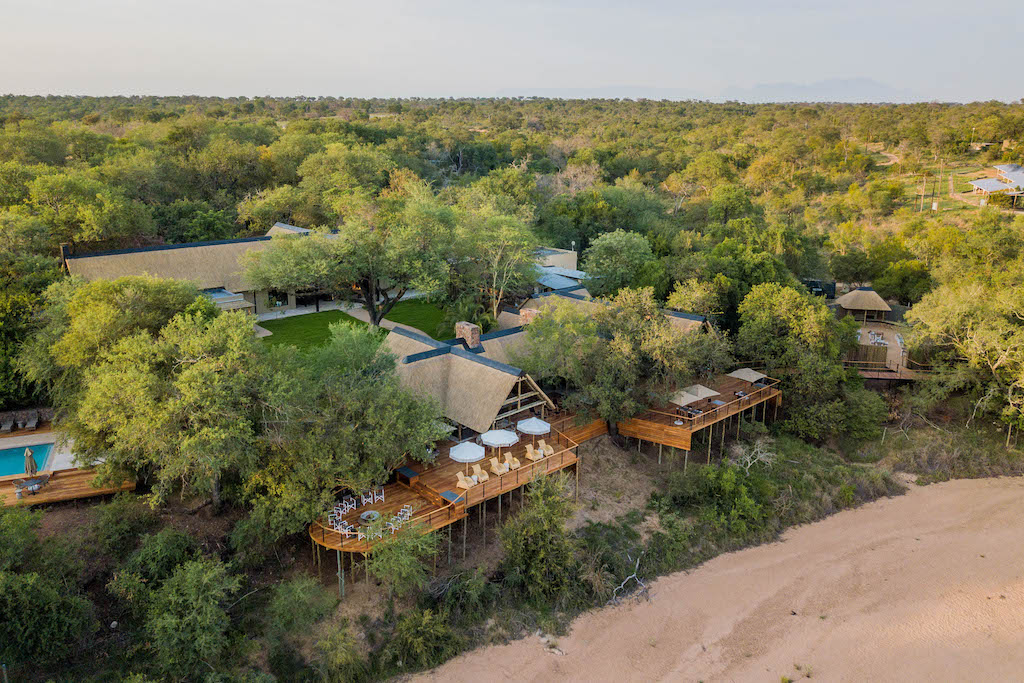
The Greater Kruger National Park is home to some of South Africa’s best safari lodges, also referred to as “camps.” These lodges are typically small and intimate, offering guests an exclusive wilderness retreat with world-class hospitality.
Located in scenic settings along rivers, next to waterholes, or under ancient trees, these lodges feature luxurious amenities such as swimming pools, viewing decks, spa facilities, gyms, and a traditional Boma for open-air dining under the stars.
The Greater Kruger lodges generally operate on a fully inclusive basis, with meals, beverages, and daily activities included. Guests can expect fine dining, bush breakfasts, and sundowner stops in stunning natural surroundings. Family-friendly lodges provide activities such as kids’ clubs and junior ranger programs, ensuring younger guests also have an unforgettable experience.
Game Drives the Greater Kruger
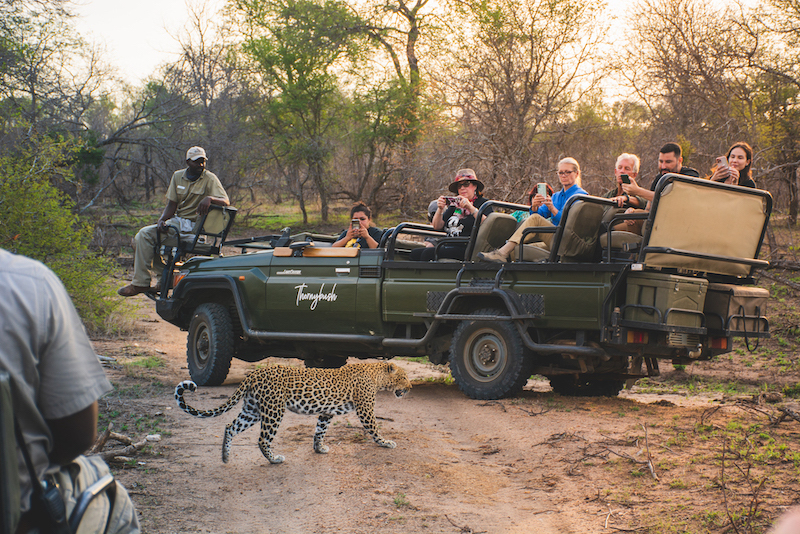
Game drives in the Greater Kruger are regarded as some of the best in South Africa. Unlike the public Kruger National Park, where vehicles must remain on designated roads, the private reserves permit off-road driving, enabling closer and more intimate wildlife encounters. This freedom significantly increases the chances of spotting the renowned Big Five. Game drives are led by experienced guides and trackers who share a deep knowledge of the region’s flora and fauna. Typically lasting three to four hours, these drives occur in the early mornings and late afternoons, when animals are most active.
Traverse Rules
Strict traverse rules are enforced within the Greater Kruger National Park to maintain the tranquility of the environment and provide guests with exclusive wildlife sightings. Only two or three vehicles are allowed at any single sighting, ensuring the animals remain undisturbed and behave naturally. Conservation is a top priority, with regulations designed to minimize human impact on the ecosystem. Each lodge operates within a specific area, but agreements between neighbouring reserves sometimes allow access to rare sightings, coordinated via communication between guides.
Private Reserves in the Greater Kruger
The Greater Kruger consists of more than 20 private reserves, each offering unique safari experiences. These reserves vary in size, from the sprawling 60,000-hectare Sabi Sands Game Reserve to the smaller Thornybush Game Reserve at 14,000 hectares. Most reserves share unfenced boundaries with the Kruger National Park, allowing wildlife to move freely. However, some private reserves, such as Makalali, Kapama, and Karongwe, are fenced to support specific conservation efforts like reintroduction and rehabilitation programs.
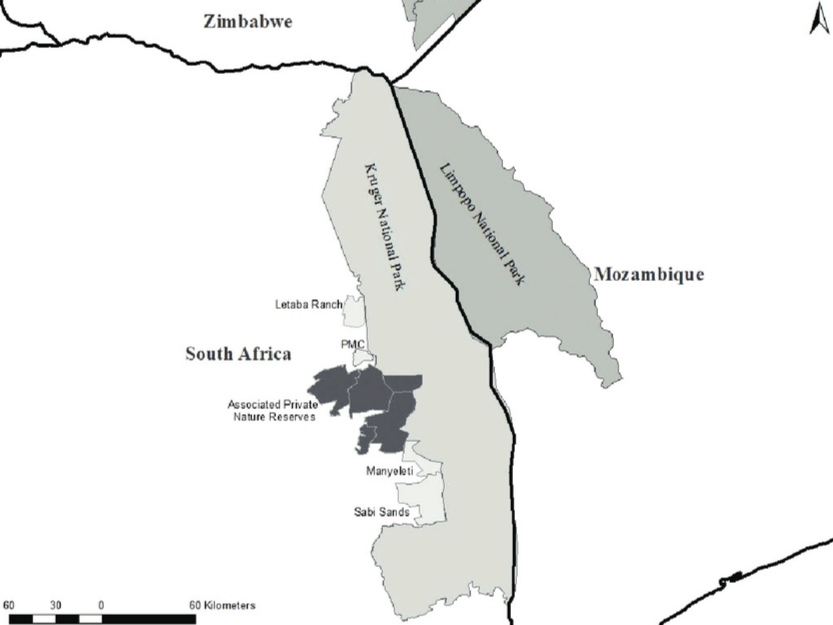
Several reserves, including Klaserie, Timbavati, Balule, and Umbabat, form part of the Associated Private Nature Reserves (APNR), which share fenceless borders with Kruger.
Wildlife in the Greater Kruger
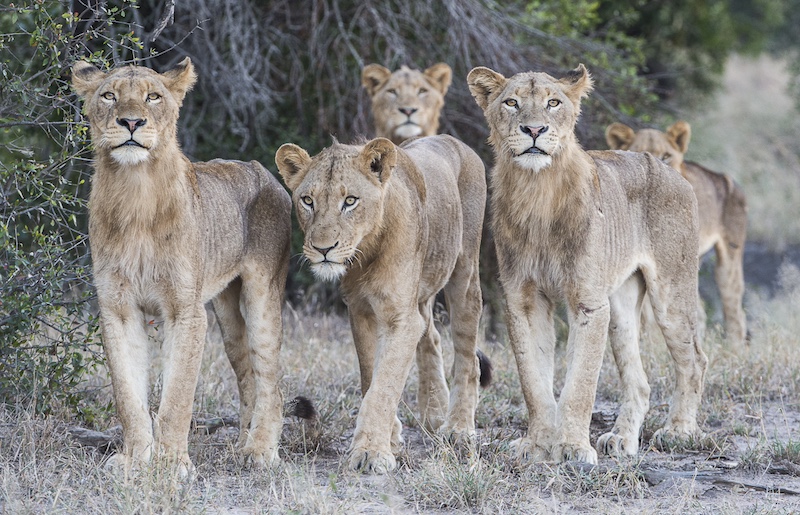
The Greater Kruger’s diverse ecosystem supports a wide variety of wildlife. The Greater Kruger shares its wildlife population with Kruger National Park, offering visitors the opportunity to observe animals in their natural habitat. Its fenceless borders allow animals to roam freely, and with over 147 mammal species and 500 bird species, the diversity is astounding.
In addition to the Big Five, visitors may encounter hippopotamus, giraffe, zebra, cheetah, wild dog, hyaena, warthog, black-backed jackal, vervet monkey large herds of elephant and many other cat and antelope species, among and abundance of other wildlife species. The lifted restrictions in the Greater Kruger enhance opportunities for rare and close-up sightings.
Conservation Levies and Entrance Fees
Conservation levies are an integral part of the Greater Kruger experience. These fees support anti-poaching efforts, ecological programs, and the preservation of the region’s natural and cultural heritage. Each private reserve charges a levy, which is separate from the lodge fees and contributes directly to the greater conservation initiative. Additionally, entrance fees at the gates help fund the park’s maintenance and operations. Some lodges also collect community levies to support nearby communities, focusing on improving education, infrastructure, and living conditions.
Malaria Precautions
Although the Greater Kruger is in a malaria-zoned area, the risk is generally low, even during the summer rainy season between November and April. Mosquito bites can be minimized by wearing protective clothing, using insect repellents, and ensuring rooms are fitted with mosquito screens. Guests may also choose to take prophylactic medication. For specific advice, travellers are encouraged to consult a healthcare professional before their visit.
Useful Information
If you are planning a safari in the Kruger, we recommend reading these articles to find out when to go and where to stay.
- Best time to go on Safari to the Kruger
- View all Kruger lodges
- View all Kruger holiday packages
- Top Luxury Lodges in the Kruger National Park
For personal planning assistance and advice contact out team.

